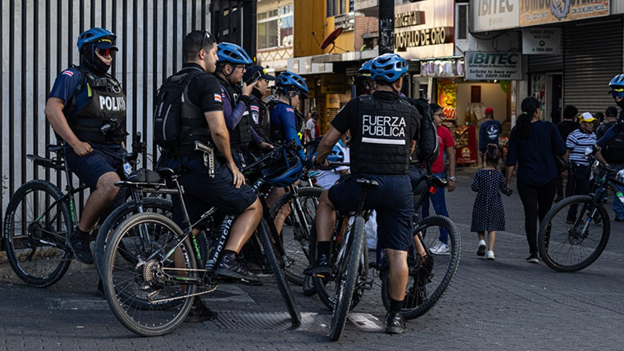Violence In Costa Rica And The Rush To Blame Nicaragua
Traditionally regarded as safe for visitors, Costa Rica has recently become Central America’s second most dangerous country, with 400 homicides recorded so far this year. The violence is attributed to an epidemic of drug-related crime, as the country has become a major staging post for narcotics smuggled to Europe. Costa Rica just detained a former security minister and ex-judge for drug trafficking following a US extradition request. Even the US State Department warns of the danger of “armed robbery, homicide, and sexual assault” in Costa Rica.
This month the violence claimed a Nicaraguan victim, Roberto Samcam, one of several Nicaraguans killed in Costa Rica in recent years.













